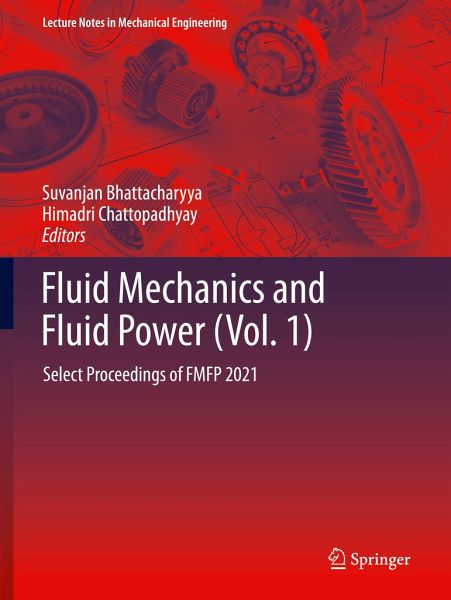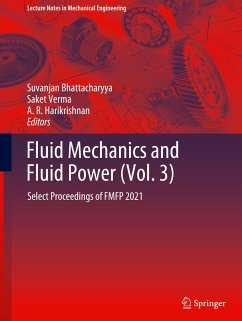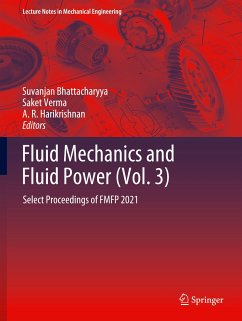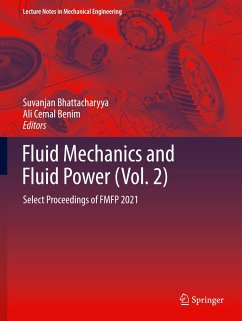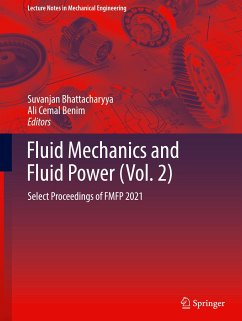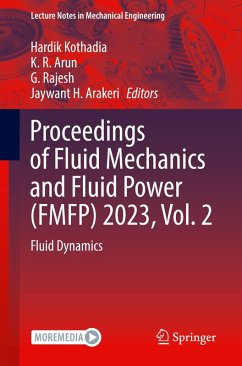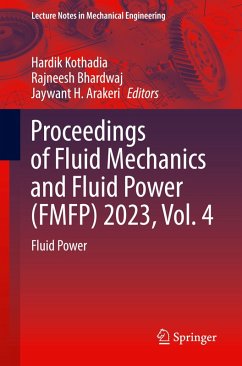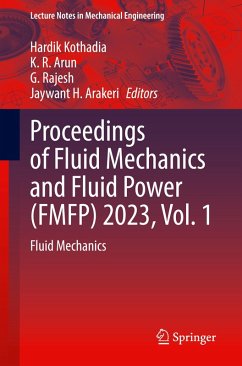Dr. Suvanjan Bhattacharyya is currently working as an Assistant Professor in the Department of Mechanical Engineering of BITS Pilani, Pilani Campus. Dr. Bhattacharyya completed his post-Doctoral research from the Department of Mechanical and Aeronautical Engineering, University of Pretoria, South Africa, under the supervision of Prof. Josua P Meyer. Dr. Bhattacharyya completed his PhD in Mechanical Engineering from Jadavpur University, Kolkata, India and with the collaboration of Dusseldorf University of Applied Sciences, Germany. He received his master's degree from Indian Institute of Engineering, Science and Technology, India (Formerly known as Bengal Engineering and Science University), on Heat-Power Engineering. His research interest lies in computational fluid dynamics in fluid flow and heat transfer, specializing on laminar, turbulent, steady, unsteady separated flows and convective heat transfer, experimental heat transfer enhancement, solar energy, and renewableenergy. He is the author and co-author of 90 papers in high ranked journals and prestigious conference proceedings. Dr. Suvanjan appears in the recent list of World's top 2% scientists published by faculty members of Stanford University. Dr. Himadri Chattopadhyay is Professor of Mechanical Engineering of Jadavpur University. He has served CSIR-Central Mechanical Engineering Research Institute, Durgaur as Scientist before joining the current faculty position. Professor Chattopadhyay was the Director of School of Bioscience and Engineering of Jadavpur University for two years. He has more than 300 papers in journals and conferences and edited four proceedings. He has about 4000 citations with an H-index of 36. The research area of Prof. Chattopadhyay covers thermo-fluid science, CFD, turbulence, heat transfer augmentation, jet impingement, bio-engineering, materials processing and energy. Diverse nature of the researchwork is reflected in several reviews which includes stat-of-art on enhancement using vortex generators (Heat Transfer Engineering, 2012), biological thermodynamics (ASME J. Biomechanical Engineering, 2021), aluminum metal matrix composites (J Manufacturing Processes, 2020) graphene based composites (Materials and manufacturing processes, 2021), wind energy harvesting (Sustainable Energy Technologies and Assessments, 2022), development of SiC based materials for white LED (J. American Ceramic Society, 2022) and application of lattice Boltzmann methods is melting and solidification (Computational Materials Science, 2022). Prof. Chattopadhyay is a recipient of DAAD fellowship and DAAD Re-invitation Fellowship. He is a fellow of West Bengal Academy of Science and Technology and Institution of Engineers, India and member of several academic bodies which includes ASME and Indian Science Congress. His name has featured in the list of World's top 2% Researchers since 2021 when the database was first published by Stanford University
